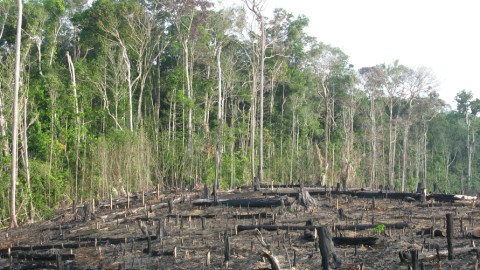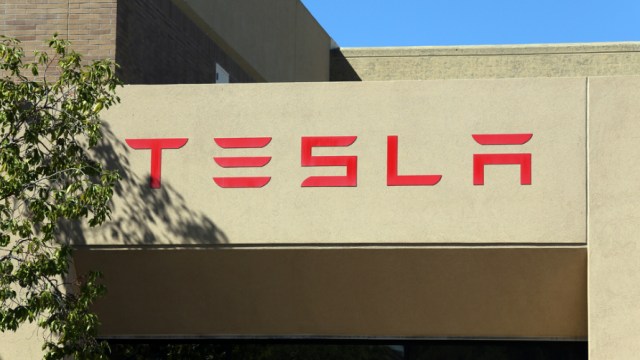Buy Local Meat, Sustainable Wood to Save Forests

Just because you may not live in Brazil or have access to transportation to the rainforest doesn’t mean you can’t do your part to curb deforestation, says Scientific American. If you’ve ever been discouraged by your inability to take direct action in support of the cause, know that there are plenty of tangential decisions you can make at home that can make a difference.
In the case of the world’s fragile rainforests, the Scientific American piece offers these bits of advice:
Avoid products and companies responsible for deforestation.
This includes curbing the use of certain wood products:
“Mahogany, ipê, and other tropical hardwoods should be avoided unless they are certified by the Forest Stewardship Council, a nonprofit which vets sustainably harvested timber operations around the world.”
Buy local meats.
Carnivores should take notice that cattle ranches and the growing of cattle-feed are two major causes of Amazonian deforestation. Scientific American recommends going vegetarian; I think that’s going a little too far. Just be wary of where your meat is coming from.
Purchase electronics made from recycled materials.
Another significant cause for deforestation is the mining of materials that are developed into electronic devices:
“Mining throughout tropical regions in Central Africa and beyond for metals and minerals that go into our electronics leads to wide swaths of rainforest destruction as well. Buying electronics made from recycled materials when possible and avoiding products with built-in “planned obsolescence” — your old phone will probably work well for a few more years — are more ways to be part of the solution.”
The key refrain within these three suggestions is the insistence that the public educate themselves as to where their products are coming from. Do some research and learn the environmental cost associated with your regular spending. The piece (which I’ve linked again at the bottom of this post) includes resources for learning more about supporting the environment from the confines of your home.
The rainforest isn’t the only integral natural ecosystem currently threatened by humans. Vincent Pieribone of the Yale University School of Medicine explains below:




